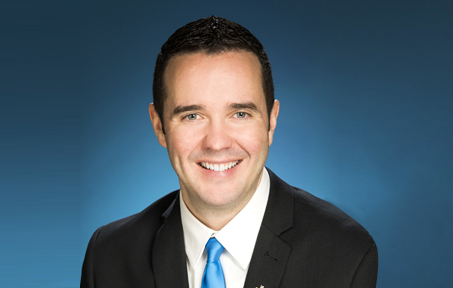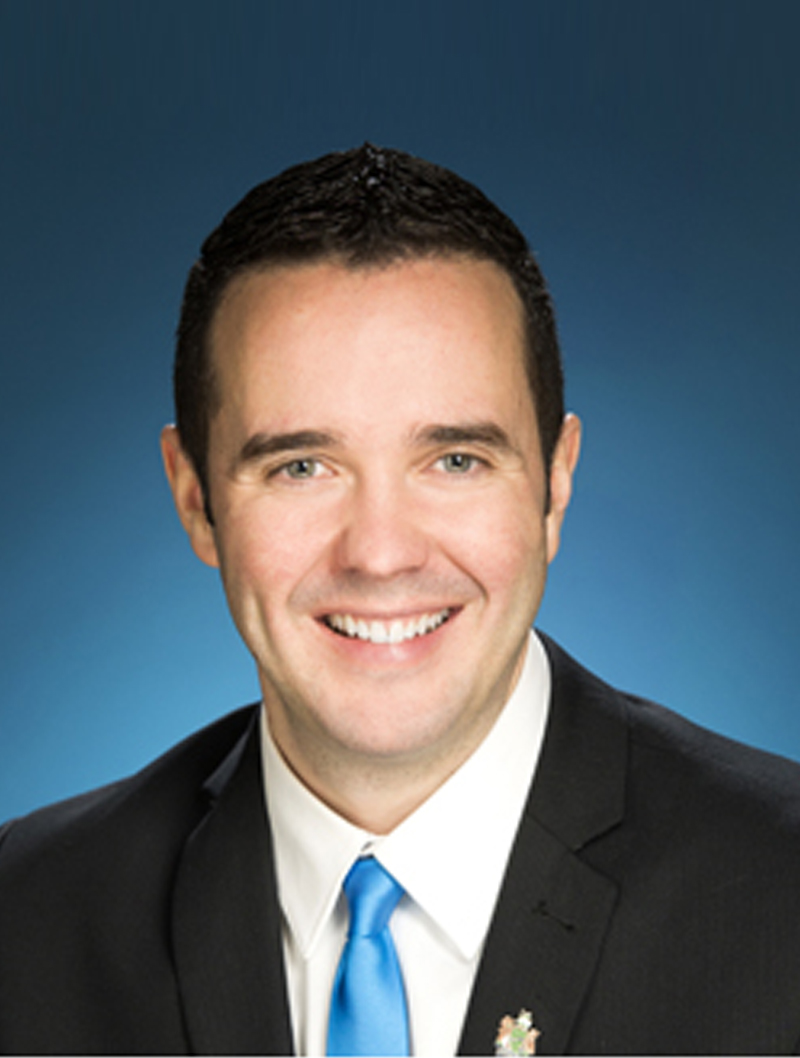About David Barrick
FOUNDER OF CIVIC DYNAMICS
David Barrick – Story
David Barrick founded Civic Dynamics from a deep understanding of what makes public and private entities successful. The boutique firm emphasises performance management as a primary component for the success of any organisation because David has seen the real benefits of successful performance management. He knows it can spur organisations to incredible success. David embraces his entrepreneurial drive by being a serial entrepreneur who has launched a number of companies, while his public sector drive has been ensuring governments have a sustainable end-user lens that works for people.
His 12 years of experience as an elected official in local governments, including serving as the board chair of a number of committees dedicated to budget, corporate services and planning, has facilitated a deep understanding and respect for the responsibilities and roles of elected officials and greater knowledge of the roles and responsibilities of organisations that partner with municipalities.
He spent much of his career analysing challenges, finding solutions, preparing information and recommendations in a manner that offered options and encouraged action. After years in government, he saw a need and implemented a new agenda management tool to increase meeting efficiency, accountability, and transparency and make information more readily available to the public.
David holds a B.A. Hon. in Political Science with a Concentration in Public Law and has continued his education via Executive Development Programs and University Certificate Programs at Queen’s University and York University, such as: Performance Measurement in Government, Negotiating & Consensus Building, Strategic Analytics and Interrupting Bias. He has also been a Provincial Offences Officer and earned the Walkerton Clean Water Centre: Standard of Care-Safe Drinking Water certification.
David’s approach to both public and private pursuits is one of collaboration, education, accountability, sustainability, transparency and hard work to make organisations–and Canada–better.

Announcement of New Chief Administrative Officer (CAO)
Following a comprehensive recruitment process, the Municipality of Thames Centre is pleased to announce the appointment of David Barrick as its new Chief Administrative Officer.

David Barrick Ranked Among the Best CAO of Brampton
It came to nobody’s surprise that CAO David Barrick advanced the City of Brampton’s business and projects during his tenure at City Hall. Working with Mayor Brown, Brampton City Council, and senior levels of government, David Barrick was able to vastly improve the public transit system, city parks, and recreational programs.
Why The World Needs Agile Finance Managers
The role of finance managers is changing fast.
In today’s fast-paced, globalized, and technology-driven economy, smart finance managers are more crucial than ever. These professionals not only manage an organization’s financial resources but also play a critical role in strategic planning, risk management, and overall business growth.
As the world faces unprecedented economic challenges and opportunities, the need for smart finance managers becomes increasingly evident. David Barrick understands better than most just how important these leaders have become for maintaining a healthy economy and government.
Navigating Economic Uncertainty
In an era marked by economic uncertainty and volatility, smart finance managers are essential for businesses to stay afloat and thrive. They possess the skills and knowledge necessary to analyze economic trends, identify potential risks, and develop strategies to mitigate their impact on the organization. By helping businesses navigate complex financial landscapes, smart finance managers contribute to the stability and resilience of the global economy.
Driving Innovation and Growth
Smart finance managers play a pivotal role in driving innovation and growth within organizations. They are responsible for allocating financial resources to support the development of new products, services, and technologies, ensuring that businesses remain competitive in a rapidly changing world. By strategically investing in research and development, finance managers enable organizations to stay ahead of the curve, capture new market opportunities, and contribute to global economic growth.
Embracing Digital Transformation
The digital revolution has transformed the way businesses operate, and smart finance managers are at the forefront of this change. They recognize the importance of leveraging technology to streamline financial processes, enhance decision-making, and optimize efficiency. By embracing digital transformation, David Barrick says, finance managers can harness the power of data analytics, artificial intelligence, and automation to improve financial forecasting, risk management, and overall business performance.
Ensuring Financial Sustainability
Sustainability has become a vital concern for businesses and the global economy. Smart finance managers understand the importance of integrating environmental, social, and governance (ESG) considerations into their financial strategies. They work to align their organization’s financial objectives with long-term sustainability goals, ensuring that businesses operate responsibly and create lasting value for all stakeholders.
Fostering Collaboration
Smart finance managers recognize the importance of effective communication and collaboration within an organization. They work closely with various departments, such as operations, marketing, and human resources, to ensure that financial strategies align with overall business objectives. By fostering a culture of open communication and collaboration, finance managers enable organizations to operate more efficiently.
Developing Future Leaders
Smart finance managers also play a crucial role in nurturing the next generation of business leaders, according to David Barrick. By sharing their knowledge, skills, and expertise, they help develop a pipeline of future finance professionals who can contribute to the success of their organizations and the global economy.
In short: the world needs smart finance managers now more than ever.
Q&A
Q: What is performance management and what are its applications?
David Barrick: At its foundation, performance management is a process that ensures an organisation’s goals are being met. While that answer may seem simple, it is far more involved than you might believe. The process can be big picture and look at organisations as a whole and can also be focused on specific departments or even developing a greater understanding of a certain employee. Now, there are different systems that can be used to get there, and the appropriate one is selected depending on a number of factors. That’s where experience comes into play: this is why many, if not all, performance management companies require leadership to have real-world management experience, sometimes C-level or equivalent.
The reason companies and organisations bring in performance management specialists is because of the value added: increased return on investment via employee retention, increased productivity, increased employee motivation, and greater consistency among departments. It’s a fact that’s been known since the early automotive industry: streamlining processes increases productivity/efficiency.
Q: You speak to employee retention, motivation, productivity, why are these so important to an organisation’s success?
Q: How did you get involved in performance management?
David Barrick: I spent years in government as an elected official. Performance management sort of naturally falls under the umbrella of public administration. Observing and facilitating the functioning of government in municipalities was a tremendous opportunity to see what works and doesn’t work. For me, I think life is all about acquiring and sharing knowledge. We are meant to learn and use the skills we discover to make ourselves, our organisations and the world a better place. That was the foundation for Civic Dynamics: to share what I learned and to help companies thrive past any challenges that might present themselves.
Q: What do you see for the future of performance management?
David Barrick: As the world becomes more high tech and automated, as artificial intelligence and humans become coworkers, the need for performance management and a greater understanding of squandered opportunities will be essential. What is happening now is that lower skilled jobs are being replaced with higher paid, highly skilled positions. This is only going to increase over the next decade. Your typical employee now needs to adopt the mindset of growth and learning, staying up to date with advancements in their fields: whether in technology or philosophy. This new era does not abide idleness, nor does it accept antiquated ways of thinking. Organisations and people need to strive to keep up, or they do run the risk of falling painfully behind.




